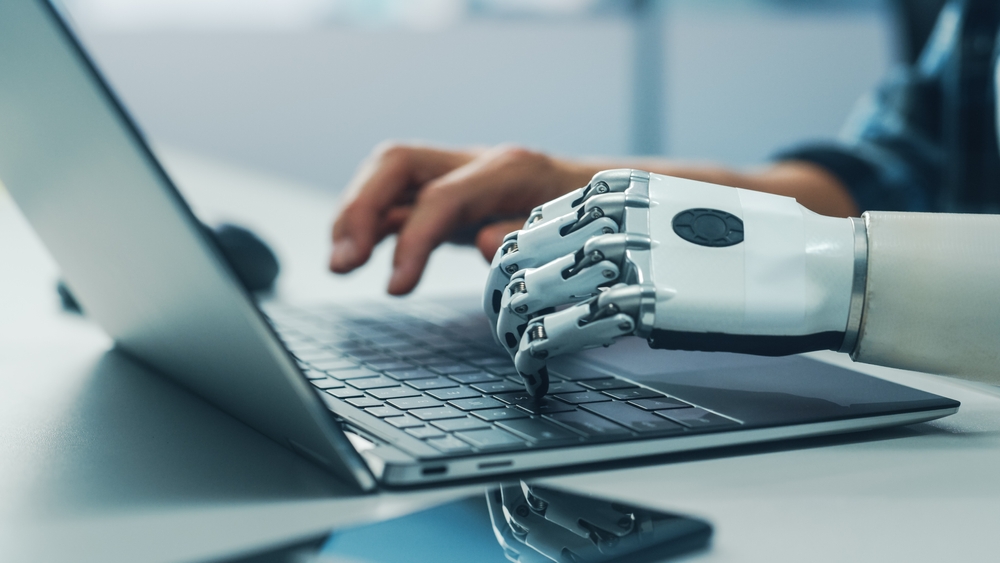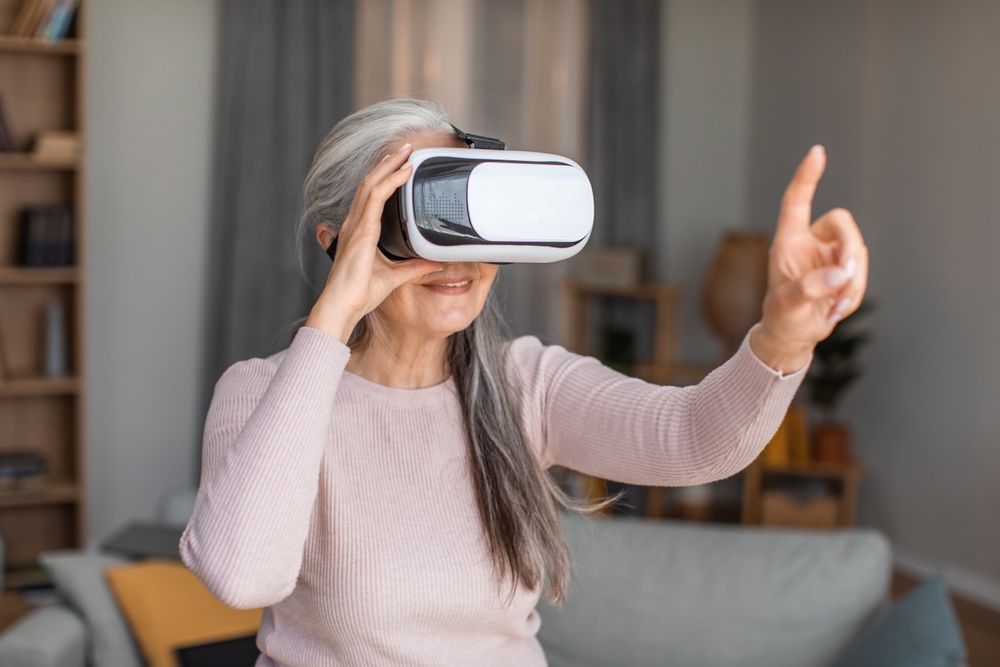If you want to freak yourself out, this is the article for you. I will show you just how much of your information the likes of Facebook and Google store about you, without you even acknowledging it.
For example, Google knows where you have been. It stores your location (if you have location tracking turned on) every single time you turn on your phone.
You can actually see a timeline of where you have been, from day one you started using Google on your phone. It also knows everything you ever searched and deleted.
Google is known to store your search history across all devices. This also means that even if you delete your search history and phone history on one device, it could still have data saved from other devices.
Google also has an advertisement profile of you. It creates an advertisement profile fully based on personal information about you, such as your location, gender, age, hobbies, career, interests, relationship status, and possible weight and income.
Moreover, Google is always updated with all the apps you use. Google stores all the information you share on every app, along with every extension you use.
They know just how often you use them, where you use them, and who you use them to interact with. This also means they know who you talk to on Facebook, which countries you speak with, and what time you decide to go to sleep.
Google also has access to all your YouTube history. It stores all of your YouTube history, so they also know whether you are going to be a parent soon, if you have conservative views, or if you’re progressive, Jewish, Christian, or Muslim, or if you’re feeling depressed, suicidal, or anything else.
Google has enough data on you to fill millions of Word documents. This link easily includes your bookmarks, emails, contacts, your personal Google Drive files, and all of the above information, your own YouTube videos, the photos you have taken on your phone, the businesses you have bought from, the products you bought through Google, and so on.
They also have plenty of data from your calendar, your Google hangout sessions, your own location history, the music you prefer, the books you bought, the groups you’re in, websites you have made, and the phones you have owned. They know how many steps you walk in a day.

Facebook has reams and reams of data about you
Facebook has a very similar option to download all your information. Mine was about 600MB, which is almost 400,000 Word documents.
This also includes every single message you have ever sent or received, every file you have ever sent or received, all the contacts in your personal phone, and all the audio messages you’ve ever sent or received.
They can access your webcam and microphone
The data they’re collecting also includes tracking down your location, what applications you’ve installed, when you use them, what you use them for, full access to your webcam and microphone at any given time, your contact list, your emails, your calendar, your call history, the message you send and receive, the files you download, the games you play, your photos, videos, music, your search history, your browsing history, even the radio stations you listen to.
The spider web doesn’t end here
Worse than that, this type of access doesn’t limit itself to tech giants such as Google and Facebook. Many other apps and services you use on a daily basis harvest your data in the background, often with some vague, fine-print permissions that the wide majority of us never even bothered reading.
You could think you’re only installing a flashlight app or a photo filter tool, when in reality, most of these apps extract information.
Whether it’s location, device details, contacts, or clipboard contents, sending them back to advertisers, data brokers, and third-party partners you’ve never heard of is getting a piece of it.
Have you ever had a chat with a friend about something random, only to see an ad about that thing on Instagram or Facebook? No, you’re not imagining it.
These companies deny listening to conversations, but in reality, it’s quite a gray area. Their algorithms are way too good, and the data they manage to gather is so comprehensive, they don’t even need to eavesdrop anymore.
They know so well what you’re likely to discuss at dinner tonight. However, at the same time, permissions for microphone access are often granted without you fully realising it.
Think of how many apps you have said “yes” to, especially when they asked to access your microphone or camera “for functionality.”
Imagine how many of those were using it in ways you never intended. It’s not just the companies that own these apps. The data they collect is often sold to third parties.
Data brokers buy, sell, and then trade your information as if it were a commodity. They build ginormous digital profiles on you, more detailed than anything the government could ever get.
These profiles are then used for targeted advertising, but they can also be used for other things, like credit scoring, hiring decisions, and predictive policing.
This means that your digital footprint could even influence your capacity to get a job, a loan, or a rental property, all without you knowing that you were even turned down because of this.

Also, we shouldn’t forget about the smart devices in your home. If you have a smart speaker, such as Google Nest or Amazon Alexa, you’re basically living with a wiretap.
These devices are constantly “listening” for their wake word, but often, they get accidentally triggered and record snippets of your conversations.
Those recordings can be easily stored on servers and reviewed by actual humans. Amazon even admitted that its employees listen to some Alexa recordings to make their AI better.
So if you had a late-night argument in your kitchen, well, you should ask them whose fault it was.
Moreover, even your smart TV isn’t safe. Many modern TVs might come with a “smart feature” that also includes tracking what you are watching, how long you’ve been watching it, and your emotional response, if it has a camera attached to it.
This data can also be sold to advertisers who want to target you better. If you thought you were watching a harmless Netflix series in the comfort of your home, your TV was studying your likes/dislikes at the same time.
As soon as your data is out there, there’s no getting it back. You can simply delete your Facebook account. You can stop using Google.
However, this doesn’t erase the data that’s already been collected, shared, or sold. That digital version of you will always be there.
Even if you do try to reclaim your privacy, there’s really no guarantee it will even work. Data can be copied, stored, and duplicated again and again.
Now, imagine how much potential there is to abuse this. In the wrong hands, they can use it to manipulate on a massive scale.
There’s even a real-life example of this, since it happened during the Cambridge Analytica scandal, where Facebook data was used to influence elections by influencing users with hyper-specific and emotionally charged political ads.
If you found this article useful, we also recommend checking: Which U.S. City Matches Your Personality? Here’s a Fun Take


